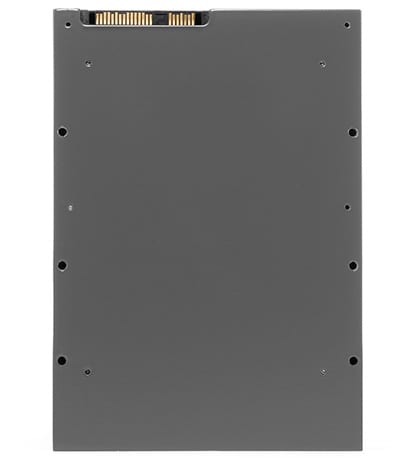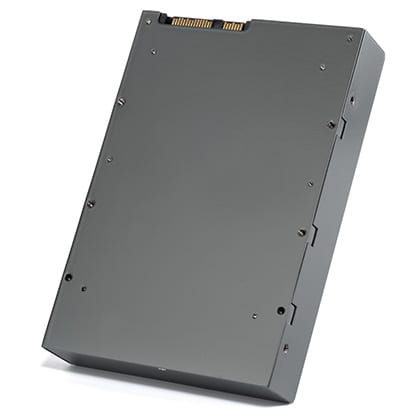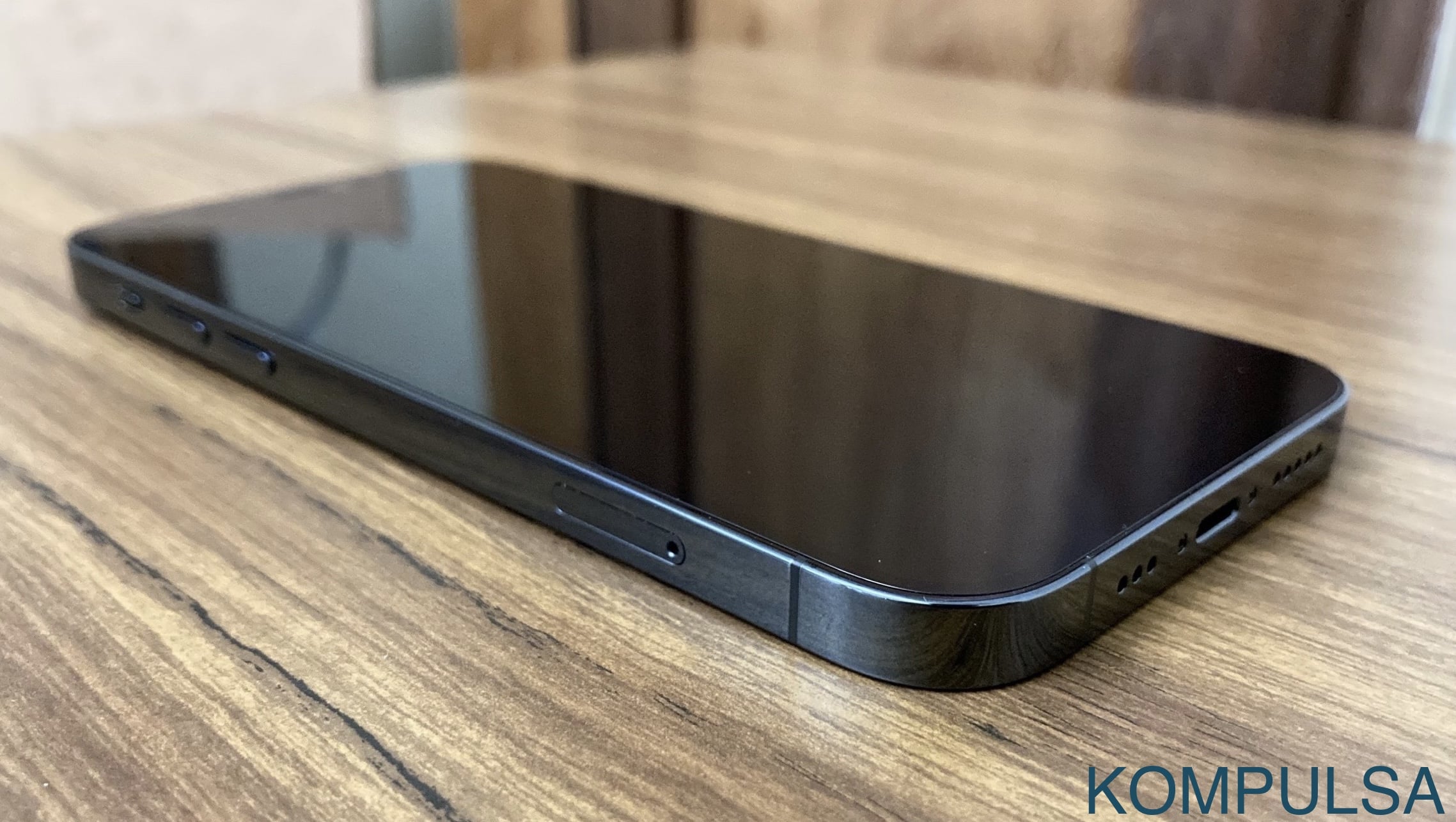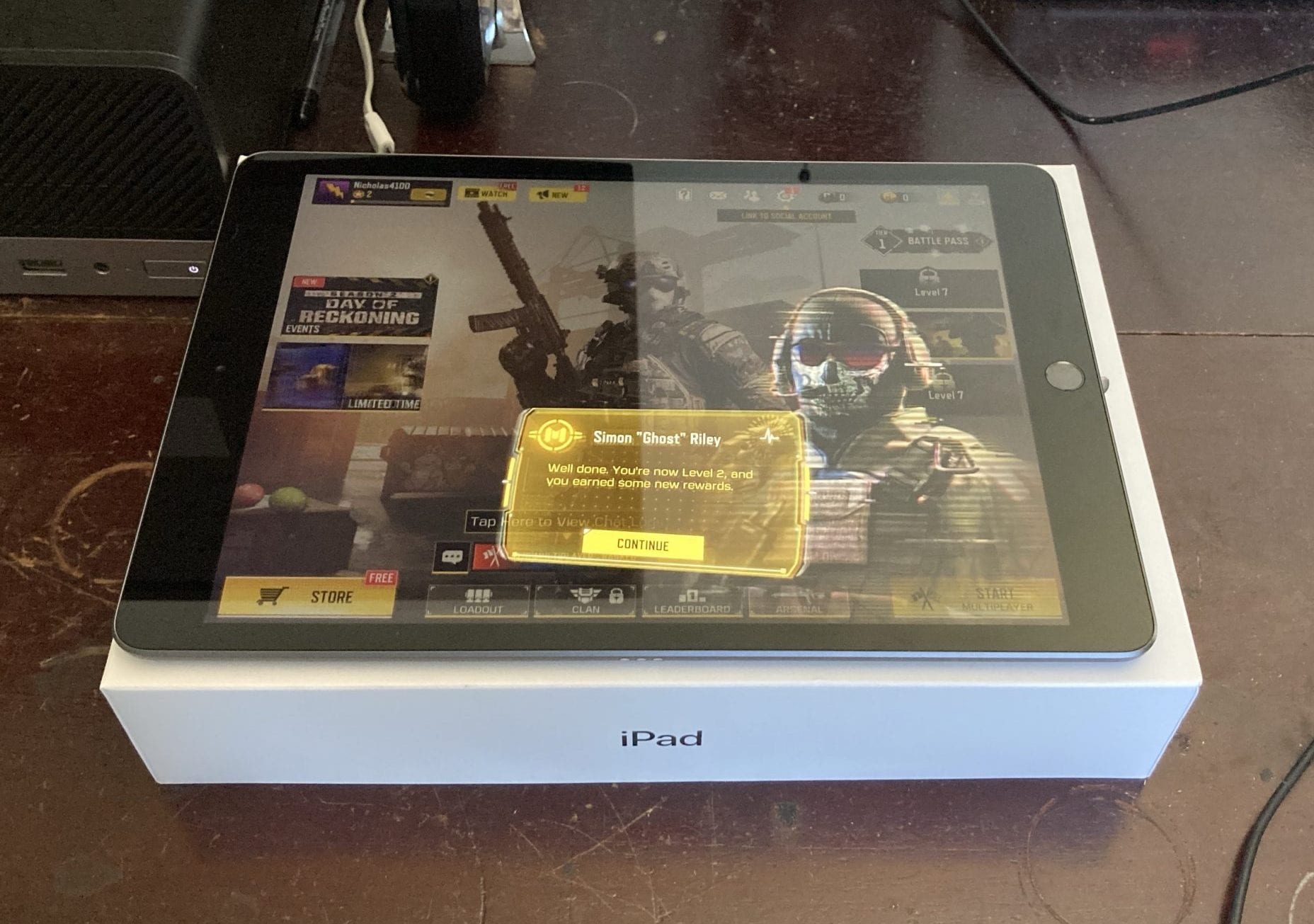Samsung impressed the world with a 30TB SSD in February, and it is slated to enter production, which sadly can’t be said for many outstanding technologies that don’t come to fruition for many years. Seagate quickly topped that with a 60TB SSD, and now Nimbus Data has announced a 100TB SSD (the largest in the world, as of the time this article was published) called the ExaDrive.
Nimbus claims that the ExaDrive 3.5″ 100TB SSD consumes 85% less power than its competitors and a 42% lower TCO, which is outstanding, considering how far the efficiency of SSD technology has already come. If you’re a film maker, this can store 200 4K video recordings in the RAW format (dependent on the camera and video length), 20,000 5GB videos, or 10,000 10GB video games.
Learn How SSDs Work, And The Differences Between An SSD And A Hard Drive
Unlike PCIe SSDs, the Nimbus Exadrive comes in a 3.5″ SATA form factor (according to Mashable), so it is the variety that screws into a conventional hard drive bay (shown below).

Nimbus Data also touts a reduced heat load on datacenters, which may be helpful for businesses that use costly air conditioning solutions. In their words:
‘ExaDrive SSDs require up to 85% fewer BTUs of cooling per terabyte than existing enterprise SSDs and nearline HDDs, eliminating CapEx and variable costs.’
Depending on a datacenter’s electricity rates, those BTUs can be very costly, as an increased heat load results in a greater air conditioner duty cycle (which in the case of some units is a longer run time, and in others the compressor speed has to be increased). They also touted reduced CPU costs:
‘The improvement in storage performance reduces IO wait cycles, improving CPU efficiency by 50% or more.’
Nimbus also claims that the ExaDrive offers greater endurance than competing enterprise SSDs, as well as a 5-year warranty (common for enterprise drives) with unlimited write endurance.
Considering that hard drive and SSD arrays can occupy a great deal of space in a datacenter, these increases in storage capacity are always welcome, because fewer drives will be required, saving valuable space for other purposes.









